
3 minute read
3. PART1: THEORISING PROTEST
PART 1: Theorising Protest
What change do you dire? What cause are you most passionate about? These questions are seeds that open our inquiry. They require of us to introspect, to be both the subject and object of our inquiries. From which various research questions germinate. Projects in part 1 hypothesize causes for protest, investigate spaces these would take place and respond with urban frame works and design resolution of some of these spaces of protest. Anchored in a theoretical understanding of the spatial conditioning of protests.
Advertisement
There is an understanding that protests occur as a form of expression, whether of dissatisfaction, disobedience, frustration, plea, anger, recognition or to raise awareness. That protests are spatial, that they are public, social and revolutionary.
The women’s march to Versailles from Paris in 1789 stands as testament of the revolutionary power of women. The march started with the frustration from the French about the high cost of grain, supposedly withheld in the royal store house, and resulted with the King being stripped of his powers. In South Africa, women proved their power in protest, in 1956 protesting against the many apartheid laws aimed at restricting and controlling people of color’s movement and engagement in and around what was set aside as white spaces.
In recent years (2015) students took to the streets in South Africa to protest against the high cost of tertiary education, the colonial canons of knowledge and the outsourcing of university support staff. Scenes reminiscent of the June 16, 1976 Soweto uprising (where pupils took to the street to protest the poor education quality of black learner in townships and the use of Afrikaans as a medium of instruction), where all over social media as university students at all public universities in the country took to the streets to shut down campuses, calling for fees to fall, decolonization of curriculums and for Rhodes to fall.
What can we learn from these actions that to some may seem disobedient and rebellious? Oscar Wilde affirms that “it is through disobedience and rebellion that progress is made”.
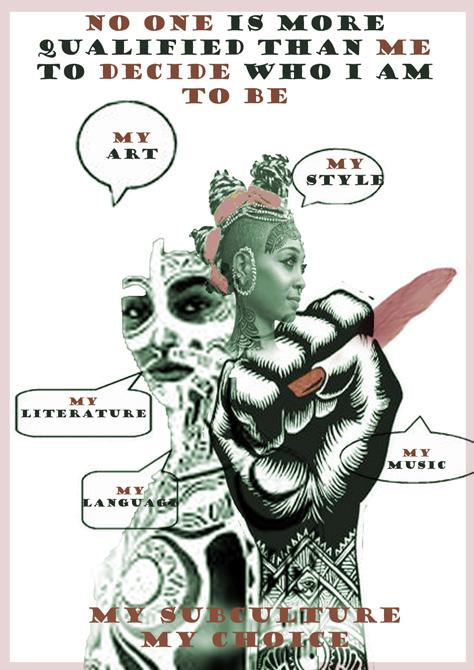
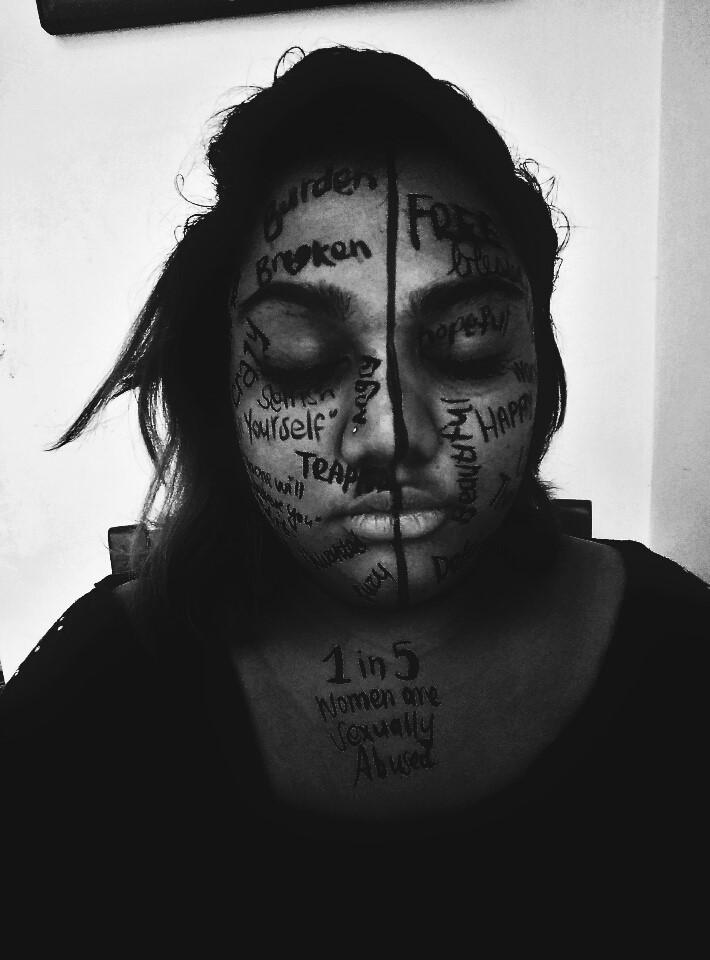



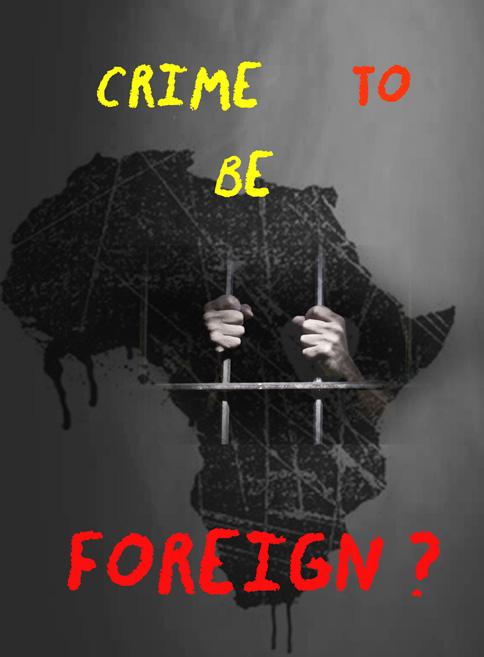
IS THAT YOU?
on this page from top:Portia Mabudisha- 03 Diploma Rehan Vermeulen- 03 Diploma JoAnn Fredericks- 02 Diploma
Ngonidzashe Tavuyanago- 03 Degree Ruvimbo Nyamupanedengu- 02- Degree
Blessing Mohape- 03 Diploma Thembeka Mpolweni- 02 Degree Aobakwe Mathlaku- 03 Diploma
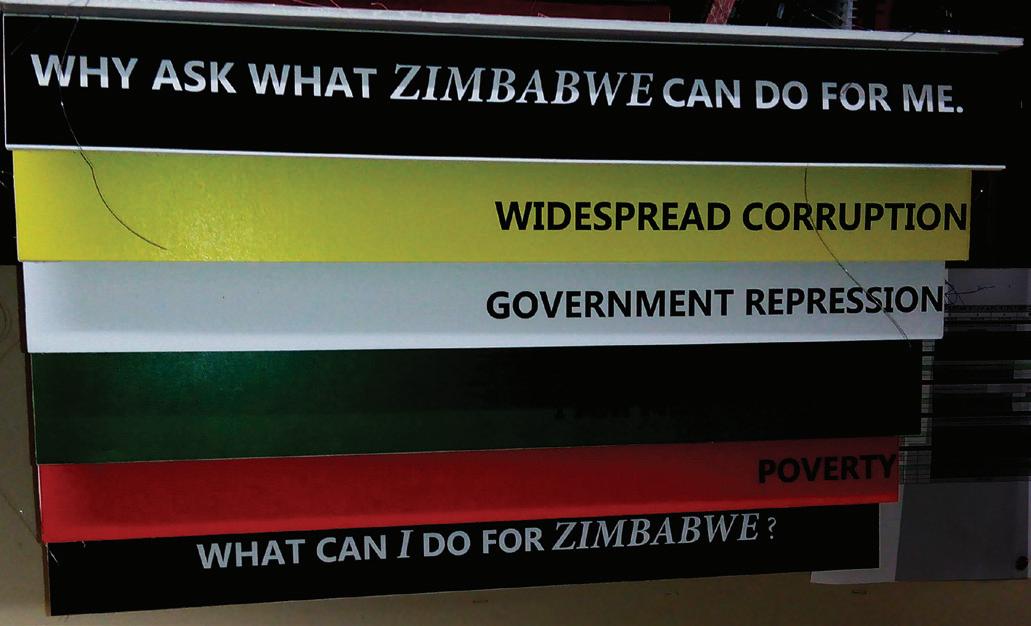
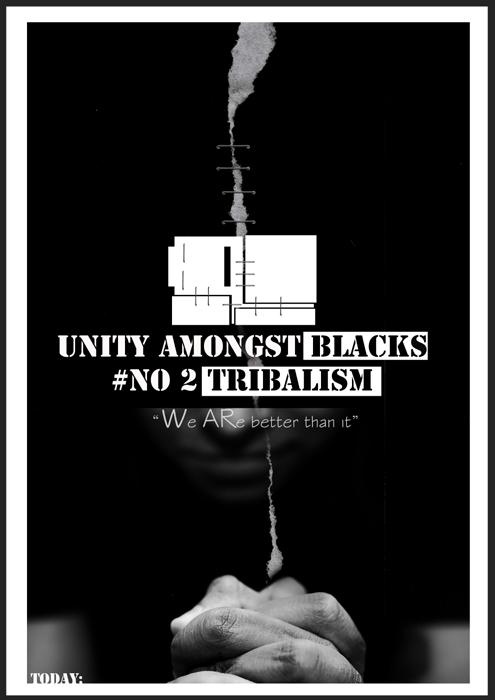

S H O U L
B
A . S I P H O K H A Z I
D E T H
M . J O H N S O N S
N
A +
I C I T Y
F . V I H A A N









B +










